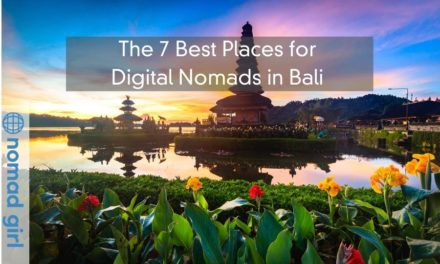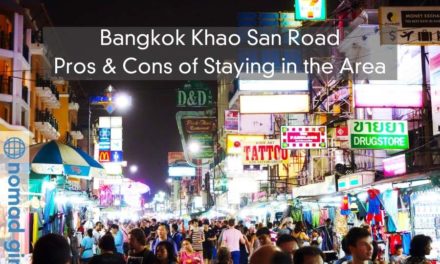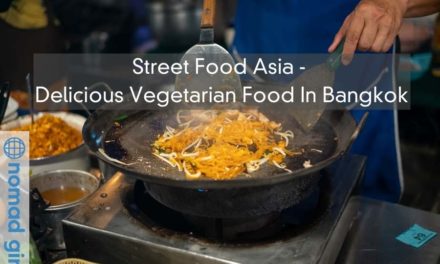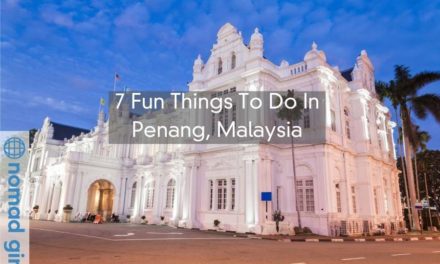Laos is calling. This Southeast Asian beauty, often overlooked by tourists, is now beckoning digital nomads with open arms. While the country struggles to revive its economy, particularly from the weight of large debts to China’s Belt and Road program, there is a renewed focus on tourism. The government knows it’s time to attract long-term visitors, and what better demographic to target than the globe-trotting digital nomads?
The economy in Laos has been battered over the years, and the country needs a financial boost. Tourism is one of the most viable solutions, but numbers haven’t bounced back since they hit their pre-pandemic peak of five million.
Now, with debt growing and the nation’s financial backbone creaking, Laos is offering new incentives to encourage longer stays.
This is more than just a call for tourists—Laos wants to lure those who can work and contribute to the local economy in real-time. Nomads are an ideal fit, and for many, Laos presents the perfect opportunity to work and explore in peace.
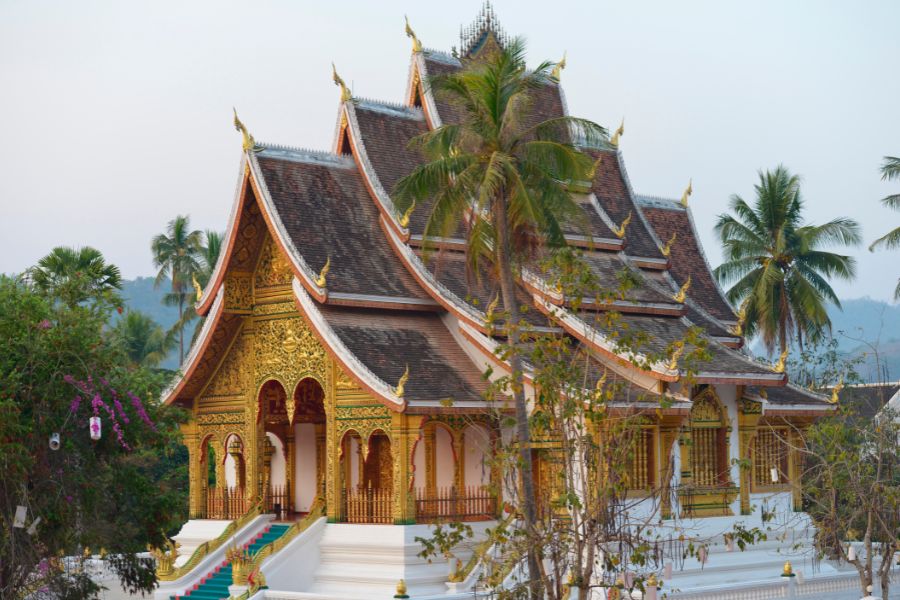
New Visa Policies – A Boost for Digital Nomads
To attract more long-term visitors, the Lao government has introduced a series of new visa measures. These policies aim to make it easier and more convenient for travellers to stay in the country longer. As of July 1, 2024, and continuing until December 31, 2024, travellers from select countries will benefit from these relaxed visa rules.
Tourists from China, including those with passports from Hong Kong, Macau, and Taiwan, can now visit visa-free for up to 15 days if they’re part of an organized tour registered with the Lao Ministry of Tourism. This includes Chinese travellers in groups, helping boost organized tourism from the nation that dominates the region.
The visa-free policy doesn’t just stop with China. Travellers from Austria, Belgium, Denmark, Spain, Finland, Greece, Norway, and Sweden can also enjoy up to 15 days visa-free if they visit Laos for tourism purposes. This significant policy change is designed to eliminate travel barriers and promote ease of access.

Extended Stay Options for 22 Countries
For those who want to stay longer than a couple of weeks, Laos has introduced multiple-entry visas for tourists from 22 countries.
This visa allows visitors to stay for up to 60 days and re-enter the country as needed. Until December 31, 2024, travellers from Australia, Austria, Belgium, Canada, Denmark, Finland, France, Germany, Greece, Ireland, Italy, Netherlands, New Zealand, Norway, Poland, Portugal, Russia, Spain, Sweden, Switzerland, United Kingdom, and the United States can take advantage of this policy. It’s an ideal setup for digital nomads who want flexibility while working remotely.
If you’re keen on taking advantage of this opportunity, remember that the multiple-entry visa must be applied for before arrival, either through a Lao embassy or consulate. Those opting for a single-entry visa, whether through an e-Visa or upon arrival, can still stay for 60 days but won’t be able to re-enter without applying again.
This flexibility, though, is a breath of fresh air for the digital nomad scene, giving them a viable and flexible option in Southeast Asia without the constant stress of visa runs. For more details, the official e-Visa portal offers an easy-to-navigate system for visa applications here.
A Personal Touch – Why Luang Prabang is a Must-Visit
For many, the magic of Laos lies in its towns, each of them a slice of life that speaks to history, culture, and nature. As a personal favourite, Luang Prabang stands out among the digital nomad crowd for all the right reasons.
Nestled along the banks of the Mekong River, this former royal city feels like a step back in time, with its French colonial architecture blending seamlessly with ancient Buddhist temples.
The town is easy to navigate, making it perfect for those who enjoy wandering on foot or bike. Temples, food markets, and coffee shops are always within reach, turning this charming town into a cultural hotspot ideal for balancing work and relaxation.

A beer and a soup for 2.5 euros with a view of the Mekong River.
The coffee culture in Luang Prabang is another major attraction. Laos produces some of the best coffee in the region, and the cafes here offer an affordable refuge for nomads who need a peaceful spot to get their work done.
Picture this: sipping on a strong, flavorful Lao coffee while working on your next project, with the hum of the Mekong in the background. And when you need a break, take a taxi to the nearby Kuang Si Falls or a visit to one of the town’s numerous temples is just what the soul needs.

The Bigger Picture – Why Now Is the Time to Visit Laos
Laos is making it easier for nomads to stay longer, but it’s not just about the visa policies. The country’s economy desperately needs a boost, and tourism is a big part of that equation. Laos has been grappling with large debts, particularly to China, through the Belt and Road initiative.
This has put immense pressure on the government to find sustainable ways to bring money into the country. Tourism, if managed well, could be the saving grace. With this backdrop, visiting Laos isn’t just a personal adventure—it’s an opportunity to contribute to a country on the brink of transformation.
For those interested in the geopolitical angle, you can explore more about Laos’ debt issues with China in this article. It paints a vivid picture of the challenges the country faces while also highlighting the importance of tourism as a lifeline.
Why Digital Nomads Should Flock to Laos Now
Laos offers an ideal balance for digital nomads: affordable living, a rich cultural experience, and now, visa policies that make staying longer easier than ever before. Whether it’s enjoying the slow pace of life in Luang Prabang or exploring the rugged beauty of Vang Vieng, the country has everything a nomad needs to work productively while soaking up adventure.
The visa relaxations, alongside the stunning natural landscapes and rich cultural heritage, make it a compelling destination to consider—especially now, when Laos needs its tourism industry to rebound. It’s not just about finding the perfect place to work remotely; it’s about being part of a larger movement to support a country grappling with economic challenges.



